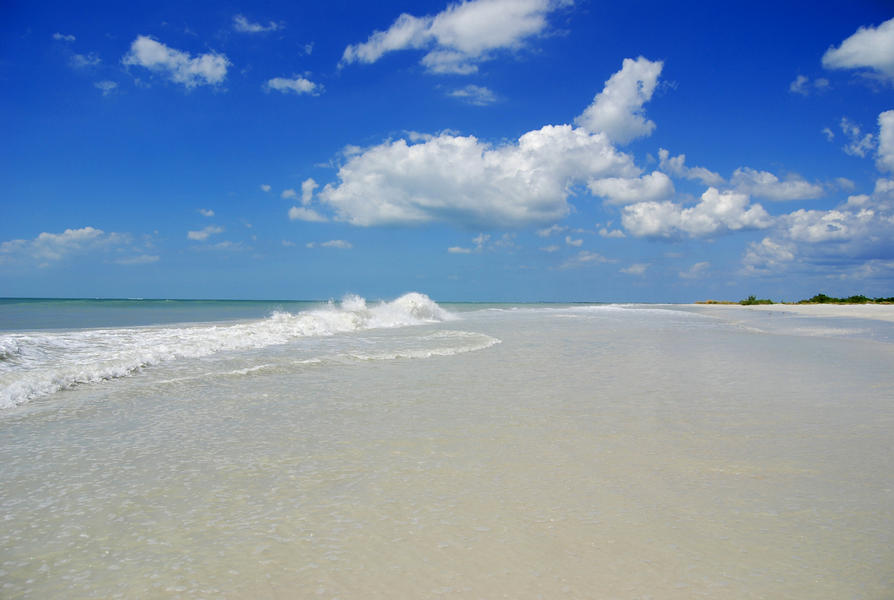Gulf at a Glance |
|---|
| Coastal Cities | Port St. Joe |
Popular Spot | St. Joseph Peninsula State Park |
Sandy Beaches | 43 miles |
Public Accesses | 27 |
Great Florida Birding & Wildlife Trail | 4 sites |
Federal Lands | Acres |
|---|
Eglin Air Force Cape San Blas | 750 |
St. Vincent National Wildlife Refuge (Franklin) | 12,492 |
Bays & Inlets |
|---|
Indian Lagoon, St. Joseph Bay |
Rivers & Paddling Trails |
|---|
| Apalachicola, Brothers, Chipola, Jackson rivers, Florida Circumnavigational Saltwater Paddling Trail, Gulf Intracoastal Waterway |
Gulf County is predominately rural and known for its laid-back lifestyle and friendly locals. Its 43 miles of unspoiled sandy beaches along the Forgotten Coast of Florida are utilized as a nesting site for several threatened and endangered Sea Turtles, such as the Loggerhead.
Port St. Joe is a small beach town filled with a rich history. Founded in 1835 as a deep water seaport, this town developed because of the connection to the Apalachicola Northern Railroad and the St. Joe Company Paper Mill. Port St. Joe is known as the Constitution City as the location of the drafting of Florida’s First Constitution. This historic event is now memorialized at the Constitution Convention Museum State Park located in historic downtown. There is much to this town between the local boutiques, bookstores, fresh seafood restaurants, and artisan coffee shops.
While exploring Port St. Joe, stopping by the Cape San Blas Lighthouse is a must. This historic landmark was originally located on the southernmost point of the outstretched peninsula, but it has since been moved to its new home in Port St. Joe. The celebrated lighthouse has protected ships for over 130 years and now acts as a lookout for visitors to see into the gulf for miles. Take on the adventure to climb to the top and see the view from 98 feet up.
St. Joseph Bay Aquatic Preserve is a unique and diverse piece of Florida’s protected waters. With over 55,000 acres of submerged lands, it is known most notably for its lush seagrasses, which hold an array of sea life from semi-tropical fish to scallops and sea turtles. As St. Joseph Bay does not have an inflow of freshwater by a river, this allows for some of the clearest water in the panhandle and is a popular destination for snorkelers and fishermen.
St. Joseph Peninsula State Park covers most of the 10-mile Cape San Blas Peninsula and is a popular spot for fishing, snorkeling, scalloping, and birdwatching with 243 recorded species seen in the park. With one side facing the gulf with white sandy beaches and the other a marshy landscape, this strip of land is highly diversified. As the only westerly-facing county in the Florida panhandle, this peninsula is one of the best viewing locations for the sunset around.
Just east of the bay sits St. Joseph Bay State Buffer Preserve, a rare intact coastal landscape and a recognized hot spot for biodiversity. These lands provide an essential buffer that helps protect the bay’s water quality and critical habitats on land. With over 5,000 acres of wilderness, 24 miles of multi-use trails, native plants, and historical archaeological sites there is much to explore.
The northern side of the County is home to a unique ecosystem, the Dead Lakes of Wewahitchka. Name from the skeleton husks of thousands of dead tree trunks that have dotted the swamp since a naturally occurring sandbar dammed the Chipola River. The Dead Lakes offer an opportunity for anglers, photographers, kayakers, and birdwatchers alike to spend the day on the water.


